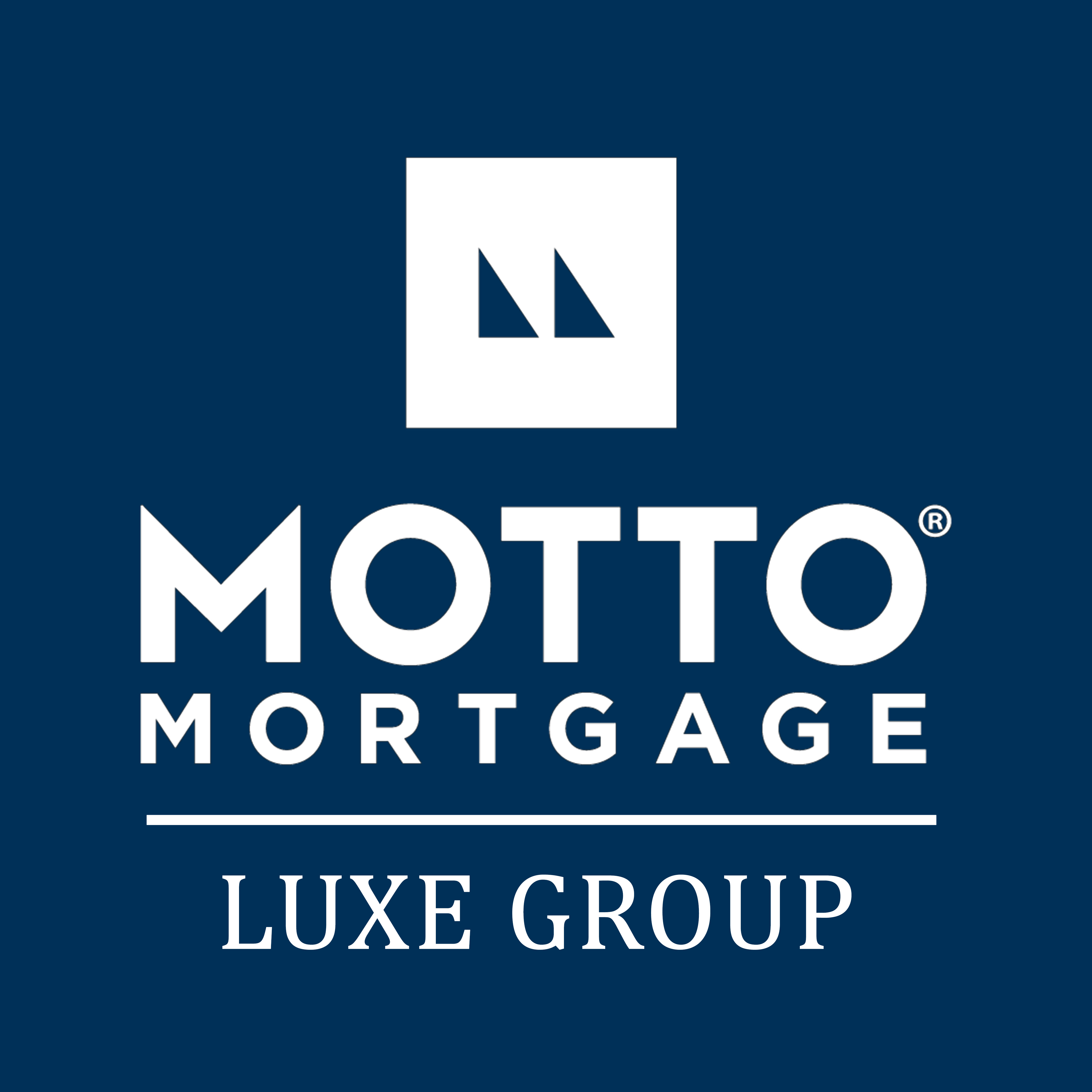
Conventional Loans Explained (2022)

Conventional mortgages are something you hear often in the real estate world. So what are conventional loans? In this article, we will go over:
- What is a conventional loan?
- Why choose a conventional mortgage?
- How do I qualify for a conventional loan?
- Is a conventional loan right for you?
- Conventional loans vs FHA loans
What is a conventional loan?
A conventional loan is a mortgage loan that isn't federally guaranteed. This means that it's not backed by government programs like the Federal Housing Administration (FHA). Conventional loans often follow Fannie Mae and Freddie Mac guidelines for the down payment and income requirements. Just because conventional loans aren't backed by the government, doesn't mean they aren't good. It's actually the most popular mortgage loan that buyers use.
Conventional loans are offered by most lenders and are often seen as riskier loans because they aren't backed by the government so requirements tend to be higher. New conventional loan limits for 2022 have been released.
Why choose a conventional mortgage?
There are many benefits of conventional loans. It's the most common mortgage loan for a reason. It's a good option for homebuyers who have above-average credit. Here's why:
- More property variety: Conventional loans can be used for second homes or investment properties. They can also be used for purchasing condos which can't be done on an FHA loan without approval.
- Mortgage insurance control: If you put down 20% on your home, you can avoid paying private mortgage insurance (PMI). If you decide to put the minimum of 3%, you can remove PMI once your principal loan balance drops to 78%. On an FHA loan, mortgage insurance premiums (MIP) is for the life of the loan.
- More options on loan structure: You have the option of choosing different year loans. A 30-year fixed-rate conventional loan is most common but you can have the option of 15 or 20-year loans.
- Low down payment options: You can put as low as 3% down on a home if you're a first-time buyer. If you're looking to purchase a second home, you can put as low as 5% down. Keep in mind, if you want to avoid paying private mortgage insurance (PMI), you must put 20% down.
How do I qualify for a conventional loan?
A 620 score is considered a 'fair' score, according to FICO. This is a higher credit score requirement than FHA and a lower credit score requirement than a JUMBO loan. A score above 740 will get you the best rate in the market. The more money you put for a down payment, the better. Typically a higher down payment may help you get a lower rate. You will also need to have a debt-to-income ratio of no more than 45%.
Is a conventional loan right for you?
Conventional loans are best for buyers with good credit, this will help you qualify for the lowest rate possible. Conventional loans also tend to close faster than other loans, all while offering low down payment options. With that being said, is a conventional loan right for you? This ultimately depends on your circumstance.
Conventional loans vs FHA loans
The two loans differ due to down payment and
credit score. FHA loans have a minimum down
payment of 3.5% and a minimum credit score of 580 or higher. Conventional loans have a 3% minimum down payment and a minimum credit score of 620. A few things to keep in mind, FHA loans have mortgage insurance premiums (MIP) for the life of the loan meanwhile, conventional loans have private mortgage insurance (PMI) temporarily. Overall, they are both good loans and a great option for first-time buyers but it ultimately depends on your down payment and credit score to determine which one benefits you the most. If you want to know which mortgage loan works best for you, schedule a call with us today.
Contact Us
Office location
15737 North Freeway Suite A., Houston, Texas, 77090Give us a call
(832) 626-1518Send us an email
[email protected]